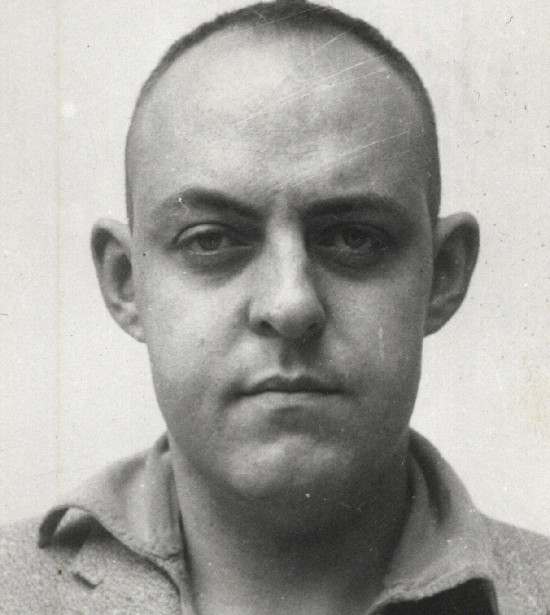This day in history
Find out who was born, who died and other significant events from this day in history
Today in history

24 July 1964
John Harris and the Johannesburg station bomb
A time bomb placed in the Johannesburg railway station exploded during the evening rush hours. The explosion resulted in the death of one person and severe injuries to more than twenty others,…